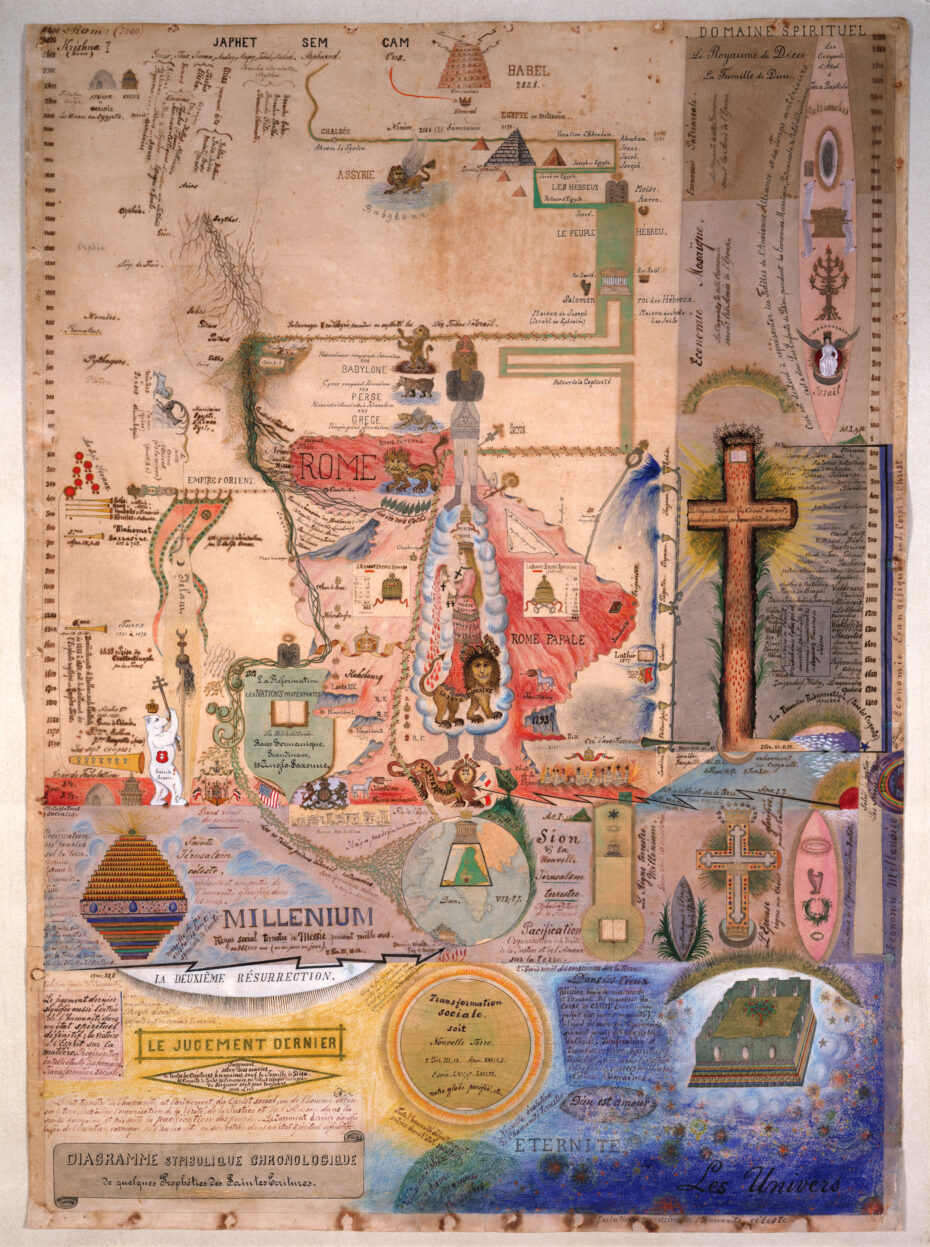Facebook’s Algorithm Is Boosting AI Spam That Links to AI-Generated, Ad-Laden Click Farms 404 Media
Pollyanna, Eleanor Porter’s buoyant novel from 1913, tapped into something deeply rooted in the human psyche. In the story, the eponymous protagonist is tragically orphaned and sent to live with a grumpy aunt, but nonetheless maintains such an optimistic view that it infects everyone around her. The story was so beloved by readers when it was first published that it spawned “Glad Clubs” all over the United States devoted to Pollyanna’s practice of making gratitude lists.
Over a century later, Pollyanna has become shorthand for someone who is excessively, even foolishly optimistic—oblivious to their circumstances and to the pain and suffering in the world. To call someone a Pollyanna is to insult them. But the pursuit of hope and happiness in the midst of difficulty is an enduring human trait. Many of us, when faced with defeat or calamity, will reach for the silver lining, the bright detail that can help to soften our circumstances.
Over Christmas the girls (Ella 16 and Lyla 13) and I successfully summited Kilimanjaro. One of the most fulfilling experiences for me – as I don’t think I have ever had such quality time with my daughters and not sure this sort of time will come again easily! No devices worked on the mountain. The climb was 8 days long. We shared one tent. Nature was our friend – no internet – limited charging stations and so other than talking and laughing and sharing stories – or at best reading … when we were not climbing there was no much else to do. I really really enjoyed it. Through the challenging times we all bonded superbly and the best part of it was – we were successful. It took us 6.5 days to summit and 1.5 days to come down. The downhill had my knees screaming! The girls both climbed for a cause – Ella raised money for the conservation of Arabian Humpback whales – she was able to raise $15,000. Lyla raised money to renovate the playground for the special needs children school. She raised $12,000. In Oman and in their school (Haileybury) both got lots of recognition (newspapers, social media) – less for their successful summit and more for the fact that they supported a cause.

Henry Dunant, the founder of the Red Cross, spent considerable time on the drawings, organising the symbolic elements according to a strict logic, making preparatory sketches and painstakingly incorporating drawings and colourings into his chronology. Dunant was convinced that the apocalypse was imminent.
Found here.
Screen time can affect children’s language development, study suggests CBC
Blessed Are the Rich, for They Can Afford to Limit Their Kids’ Screen Time Christianity Today
Parents have a problem with screen time, too, teens say WaPo
Laid-off techies face ‘sense of impending doom’ with job cuts at highest since dot-com crash CNBC
Sophisticated ‘burglary tourists’ fly from South America to rob wealthy homes, LAPD says Los Angeles Times
New data explodes myth of crime wave fueled by migrants Popular Information
